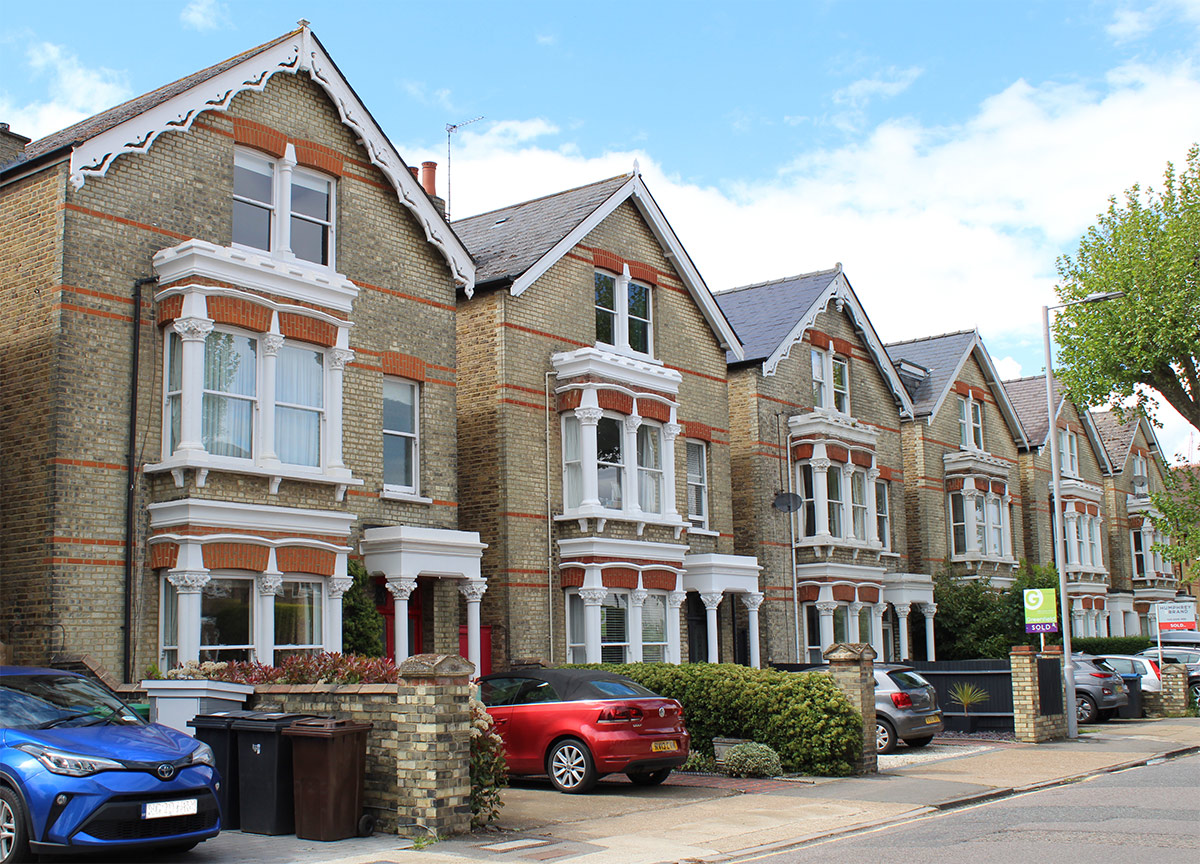
First time buyers face unique challenges in a post-pandemic market
Back in 2016 we explored the challenges first-time buyers faced. Since then, of course, we’ve waved goodbye to the European Union and are only just (hopefully) emerging from a global pandemic, so how are things looking for first-timers now?
The property market is currently very buoyant and demand means higher prices – not great news for anyone trying to get on the property ladder. This is especially true when many people have faced financial difficulties during the pandemic. The temporary removal of Stamp Duty fees has undoubtedly helped many buyers over the last year. However, that financial incentive is set to end – from the beginning of July until the end of September there will be a staggered return to previous rates and you won’t pay anything on the first £250,000 of the purchase price. From 1 October rates then return to normal.
95% mortgages are back

First time buyers
Announced in May’s Budget, the government unveiled plans for a 95% mortgage scheme designed to help renters become homebuyers. Launched in mid-April, lenders have been busy introducing new mortgage products in the knowledge that the government guarantees a portion of the mortgage if a borrower defaults.
On the face of it, the scheme is really positive news for those who struggle to scrape together a sizable deposit. Undoubtedly it will help a whole tranche of people to get on that first rung of the property ladder, particularly those who were in a position to do so in 2020 but were then scuppered by Covid-19 and the sudden disappearance of any mortgages that required only a 5% deposit.
The devil is in the detail
However, these new mortgage products come with a slight catch. Most appear to be on fixed terms of two years and the rates tend to be higher than for loans where buyers are able to raise a bigger deposit. So, whilst a 95% mortgage sounds attractive, the rate may feel more like a penalty and some buyers may feel it’s better to wait for longer and try to raise a 10% deposit instead.
Under this new scheme, the maximum property purchase has been set at £600,000 and, not surprisingly, borrowers cannot hold any other property assets. An important point to note is that the mortgage offer is based on the lender’s valuation, not the purchase price. That could be problematic, given that market prices are being pushed up due to demand. If a buyer has secured a property at £200,000, but the lender’s valuation is only £190,000 the mortgage offer will be based on the lower amount i.e., £180,500. That £10,000 deposit will then not be enough.
If you’re looking for a 95% mortgage do have a look at MoneySavingExpert’s guide, which will give you in-depth information on what’s available.
And don’t forget, whilst every penny counts don’t be tempted to cut corners by not budgeting for a property survey. That survey report could mean all the difference between a wise investment and a money pit!
Photo credits:
Houses in Kingston upon Thames, Surrey: Dotwise
First time buyers: @yanalya from freepik.com.